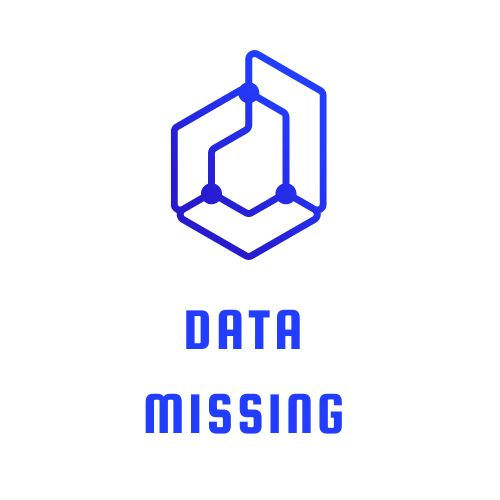DATA MISSING: Improving data collection systems and statistics on missing children in Europe

Developing comprehensive and sustainable reporting, data collection and statistical mechanisms on missing children, as a consequence of and risk factor for violence, in the 27 EU Member States.
By focusing on improving data collection of missing children the project will identify the most efficient way to improve understanding on drivers and consequences of children going missing, including the link to prevent and combat all forms. There will be a particular focus on children in vulnerable situations, facing discrimination and at higher risk of violence (e.g. gender, race, ethnicity, disability, sexual orientation, children in institutions, etc).
DATA MISSING will provide a basis to ameliorate policies, legislation and practices to support children at risk of going missing across all fields, such law enforcement and child protection. In this way, the project will also strengthen responses that prevent and support child victims of violence by reinforcing child protection systems at national and local level. By supporting national data collection on violence against children, Missing Children Europe will have disaggregated data to respond to the needs of children going missing from vulnerable situations and at higher risk of discrimination and violence.
The project will work towards this goal by:
Contributing to robust, comprehensive, disaggregated (e.g. gender, disability, ethnicity, sexual orientation, etc), and comparable data on missing children.
Developing recommendations on comprehensive and comparable reporting mechanisms and data sets on missing children based on an in-depth gap analysis with a focus on children in vulnerable situations, facing discrimination and at higher risk of violence, and disseminating research findings.
Interviewing frontline workers and practitioners and piloting in targeted 116 000 hotlines an efficient reporting and data collection methodology on missing children, and advocating at national level on policy proposals.
Increasing the capacity of national authorities to report and collect data on missing children, through workshops and capacity building events.
Establishing a Research Consortium and a Technical Advisory Board with experts representing various sectors that encounter missing children’s issues.
Developing pan-European guidance and Standard Operating Procedures on reporting and data collection mechanismson missing children.
Enhancing affected population’s participation by conducting focused group discussions and interviews with young people between 18 to 24 years old with experience in going missing during their childhood.
Understanding the gaps in the social and child protection systems through the analysis of the factors that drive children going missing.
Promoting changes in the EU and national data collection systems on missing children by understanding the drivers and consequences of children going missing and thus ensuring policy, practice and services adequately protect, prevent and respond to all children (at risk of) going missing.
The project is funded by the Citizens, Equality, Rights and Values Programme (CERV) of the European Commission.
